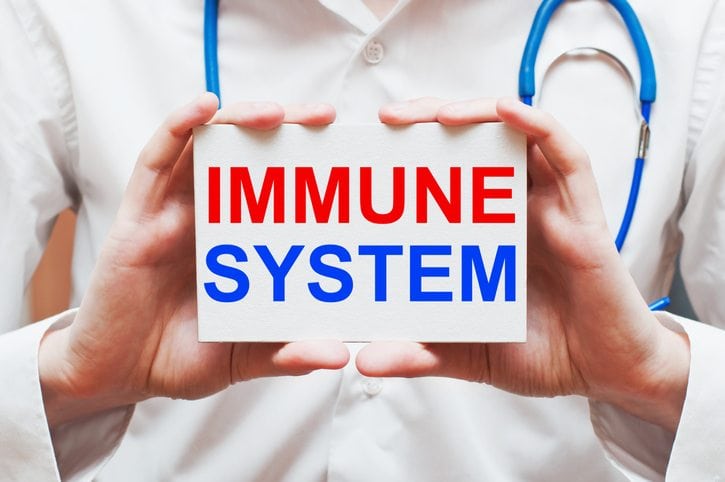Immunotherapy, a groundbreaking new approach to fighting cancer that harnesses the power of the immune system, is being offered at cancer centers within the Hartford HealthCare Cancer Institute with encouraging signs of success, according to Peter Yu, MD, the Institute’s physician-in-chief.
“For people like myself who have been in the oncology field for a long time, 30 years or more, it’s something we’ve never seen before,” said Dr. Yu. “I think it may be the key to our future success in ultimately either being able to find a cure, or at least being able to hold the disease in check.”
Dr. Yu said immunotherapeutic drugs represent the next evolution in medical oncology or chemotherapy in which drugs are used to attack cancerous cells. But whereas previous chemotherapy regimens have focused on directly attacking the cancer cells, immunotherapy focuses on overcoming obstacles that inhibit the immune system from attacking cancer cells.
“With cancer, there’s constant competition between the immune system, which wants to attack cancer, and the cancer cells, which are always working to shut the immune system down,” Dr. Yu said. “Immunotherapy is a way to take the brakes off the immune system.”
Dr. Yu said immunotherapy treatments are currently being offered within the Cancer Institute for patients with a variety of cancer types, and patients have responded extremely well. In addition, through the Cancer Institute’s membership in the Memorial Sloan Kettering (MSK) Cancer Alliance, patients have access to promising immunotherapy clinical trials being conducted at MSK, one
of the world’s premier cancer research centers.
Nationally, immunotherapy has been proven to produce startling results in patients in late stages of the disease who previously would have had a very slim chance or recovery. “You see patients who have been getting sicker and sicker by the day, and then suddenly they are in remission,” Dr. Yu said.
Dr. Yu cautioned that immunotherapy is still in its early stages, and has only shown signs of success with certain cancers such as melanoma, lung cancer and Hodgkins Disease. It also can cause severe side effects. “We are just beginning to understand the complexity of the immune system, but this is a transformative change in our approach to care that represents real hope,” he said.

